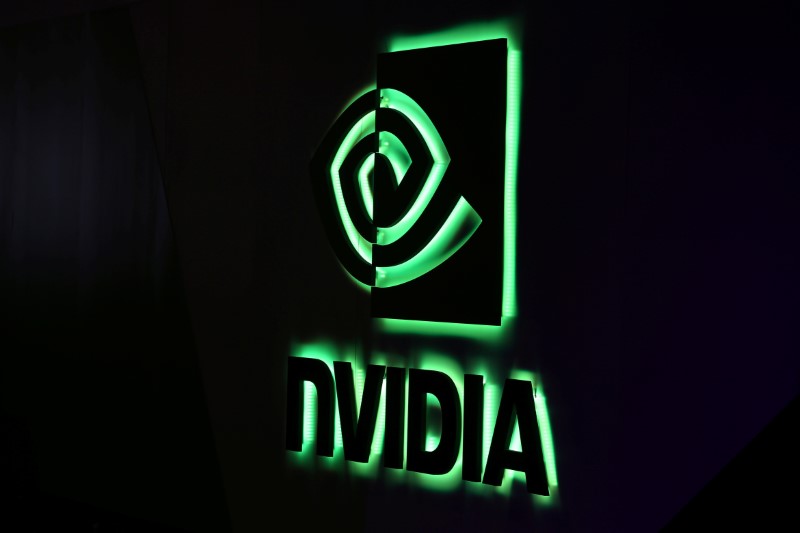Quiver Quantitative - Nvidia Corporation (NASDAQ:NVDA) has encountered a setback in its strategic maneuvers within China, facing the necessity to delay the debut of its new H20 artificial intelligence chip—a pivotal component of its compliance with stringent U.S. export regulations. The H20, which stands as the most potent among three bespoke chips tailored for the Chinese market, is now slated for a postponed launch in the early months of 2023, sources privy to the developments have disclosed. This delay, initially set for a November 2023 reveal, presents a potential challenge to Nvidia's dominance in the AI sector and its competitive stance against rising local entities such as Huawei Technologies.
The postponement is attributed to integration complications faced by server manufacturers incorporating the H20 chip, with one source pinpointing a potential release in the February to March window. While the H20 experiences setbacks, its counterparts, the L20 and L2, are reportedly on track, with the former adhering to its original rollout schedule. The fate of the L2, however, remains unspecified. Nvidia, a leader in graphics processing units (GPUs), had pivoted to these new designs, including the A800 and H800, as a tactical response to the U.S.'s intensified export restrictions unveiled in October 2022—efforts aimed at retaining its market share in the face of prohibitions on its more advanced AI chip offerings.
The new suite of chips—H20, L20, and L2—retain many of Nvidia's innovative features for AI applications but are adjusted in computational prowess to align with the newly enacted U.S. directives, a meticulous analysis by SemiAnalysis reveals. The regulatory landscape has inadvertently paved the way for Nvidia's competitors, notably Huawei, to capture market opportunities possibly earmarked for Nvidia. With Huawei's AI chips garnering significant orders, including a notable procurement by Chinese tech titan Baidu Inc (NASDAQ:BIDU). (9888.HK), Nvidia's preeminence in the AI domain faces formidable tests.
As the tech giant grapples with the implications of its delayed product launch, the ripple effects extend beyond logistics to impact the broader geopolitical tech chessboard. The H20's delay not only influences Nvidia's operational strategy but also signals a broader shift in the technological power dynamics between the U.S. and China, with potential long-term ramifications for the global AI chip market.
This article was originally published on Quiver Quantitative
